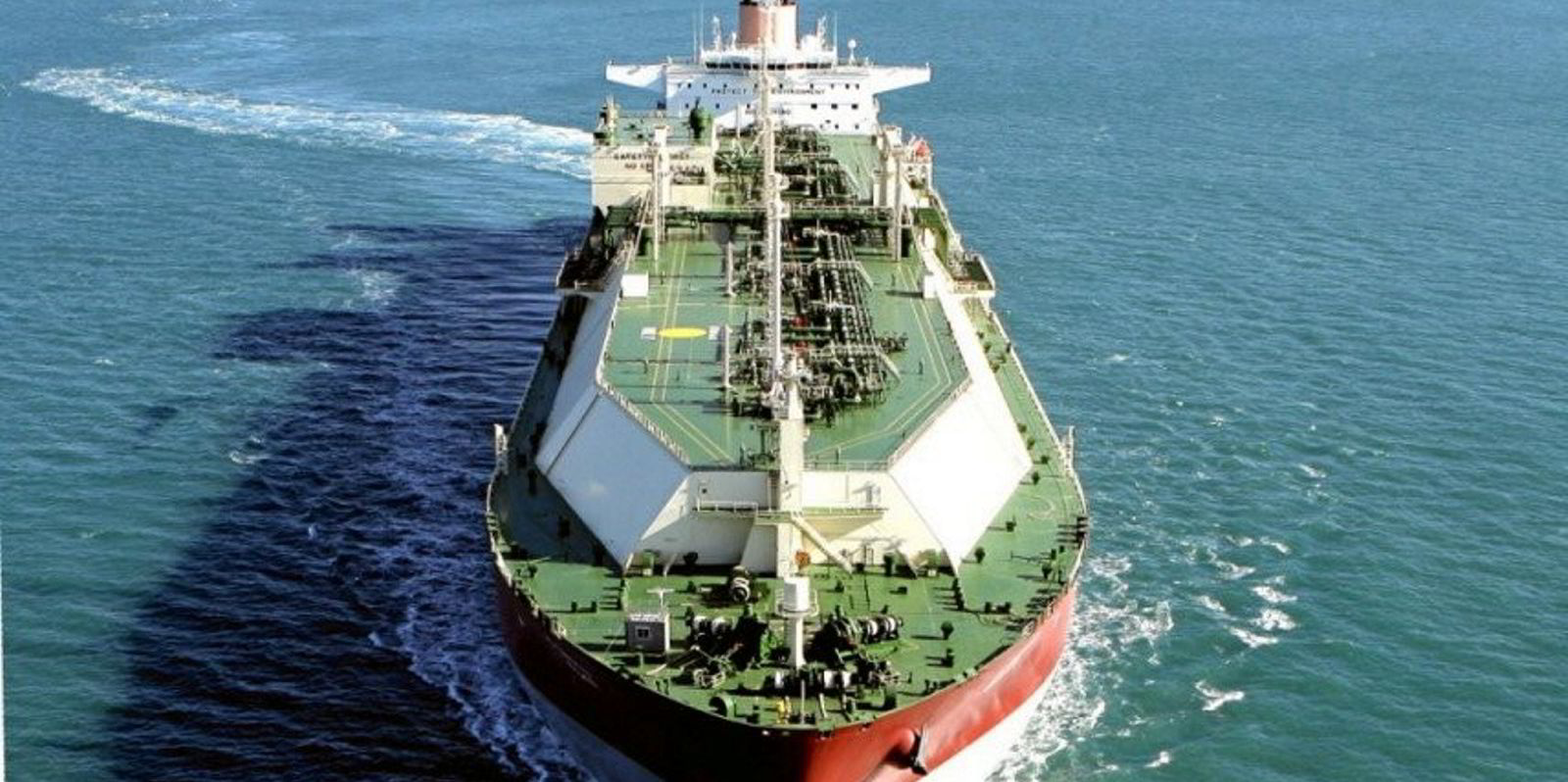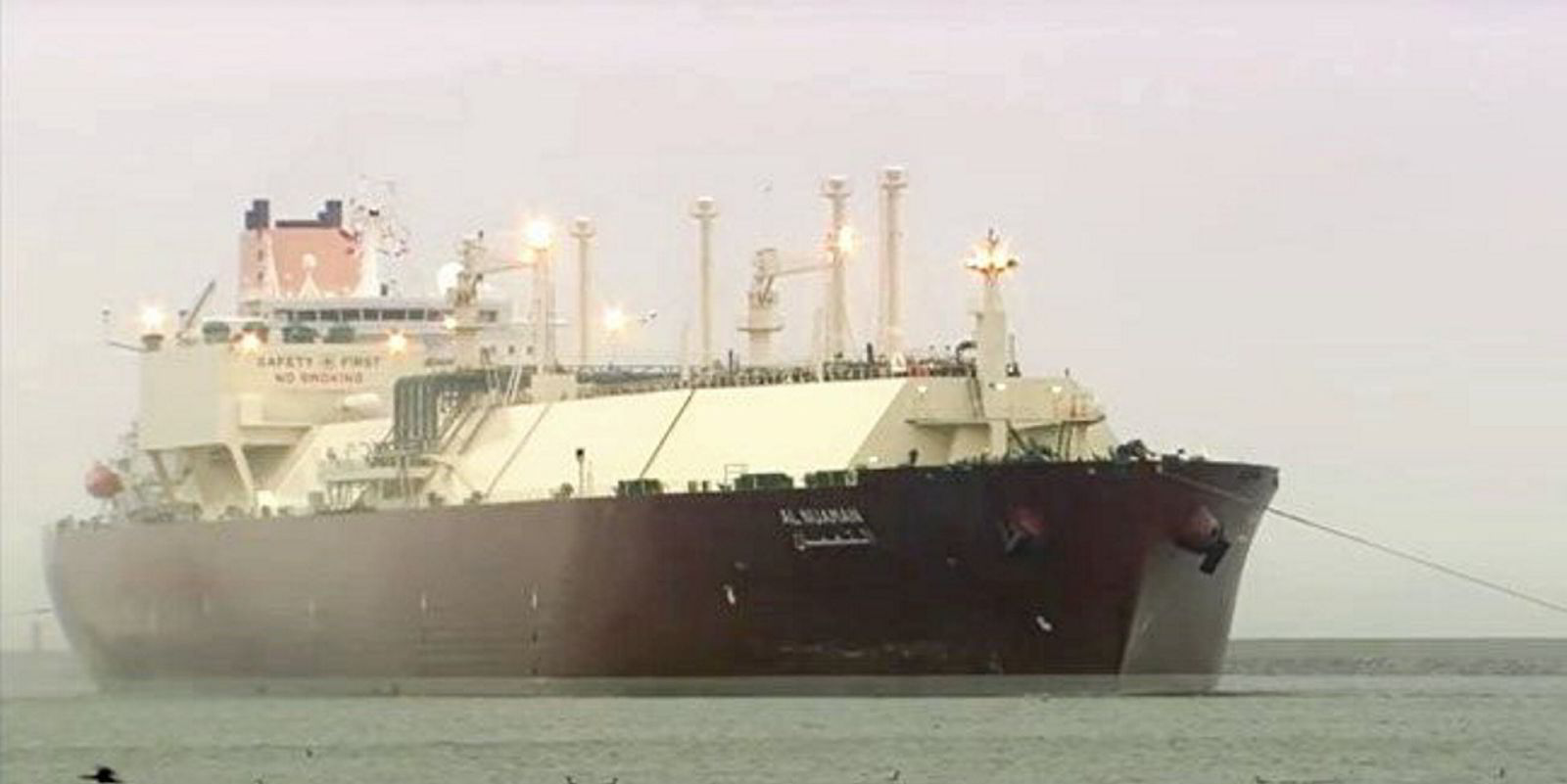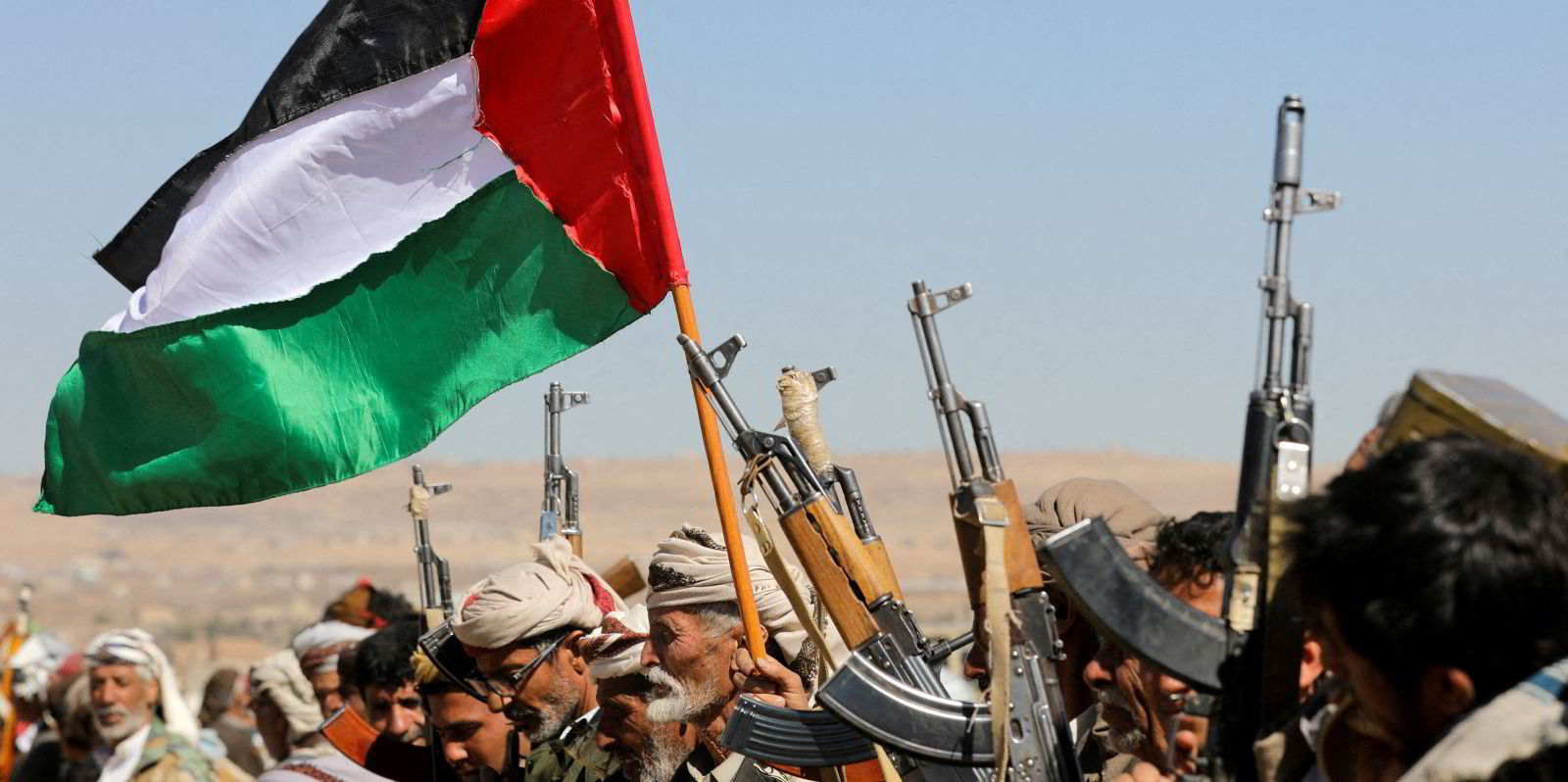Three Q-Flex LNG carriers laden with cargoes loaded in Qatar are moving again after pausing on their voyages for several days, but are diverting south to avoid taking the Red Sea route to the Suez Canal.
Kpler data showed all three starting to move at speeds of around 18 knots with their destination signals now altered to the Cape of Good Hope.
Over the weekend and into Monday the three ships had paused their voyages — which were indicated as being via the Suez Canal — and were lying off the coast of Oman.
But QatarEnergy does appear more relaxed about ballast passages for its vessels.
Its chartered vessel the 216,200-cbm Al Rekayyat (built 2009), which is in ballast, was halted southbound through the Red Sea on a return voyage to Ras Laffan but on Tuesday is shown heading out of the Red Sea via the Bab el-Mandeb strait.
Another Qatari vessel, the 145,000-cbm Umm Bab (built 2005) appears to be moving east in ballast through the Mediterranean towards the Suez Canal entrance.
Bloomberg quoted Qatari Prime Minister Mohammed Bin Abdulrahman Al Thani, speaking at the World Economic Forum in Davos, as saying attacks by the US and its allies on Houthi positions in Yemen in recent days “will create a high risk of further escalation and further expansion”.
He added: “This has changed how we view international trade. LNG will be affected. There are alternative routes. They are less efficient.”
Qatar’s LNG carrier movements are being closely watched in the wake of the wave of close to 30 attacks on merchant shipping in the region.
On Monday, Houthi militants hit a US ship, the 63,600-dwt ultramax Gibraltar Eagle (built 2015), in a missile attack as it passed off the coast of Yemen in the Gulf of Aden.
Yemen’s Iran-aligned Houthis originally launched the attacks against vessels associated with Israel. They said this was in support of the Palestinians involved in the conflict with Israel.
But following the air attacks launched by the US and UK in cooperation with other nations against Houthis positions in Yemen, the group said it will also target other vessels.
Concerns have been raised that the longer voyages for LNG carriers will affect European gas supplies, particularly with the continent in the grip of cold weather at present.
But analysts have pointed to full storage levels in Europe and said with the winter heating season in the region halfway through, the delay to deliveries is unlikely to have a major knock-on effect.






